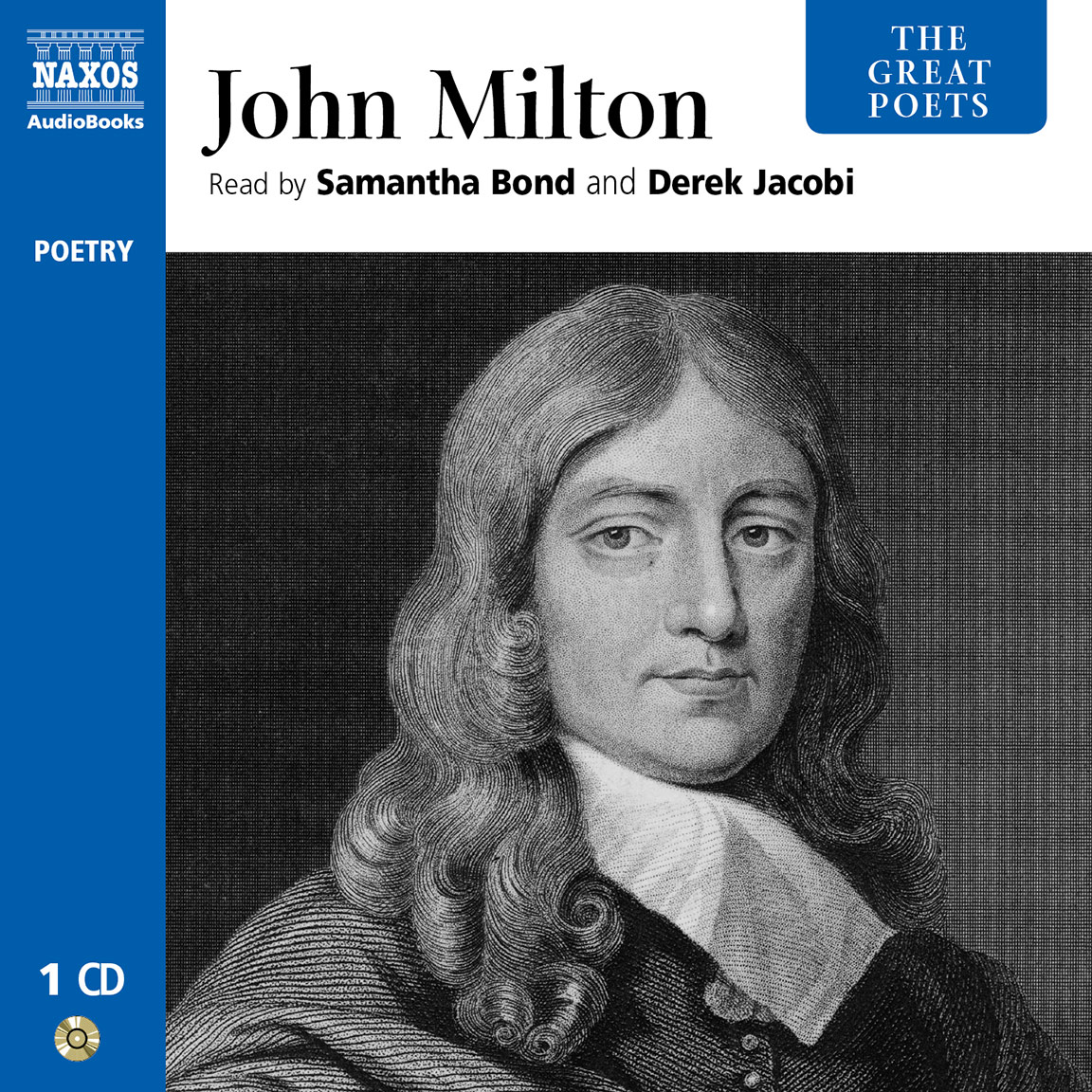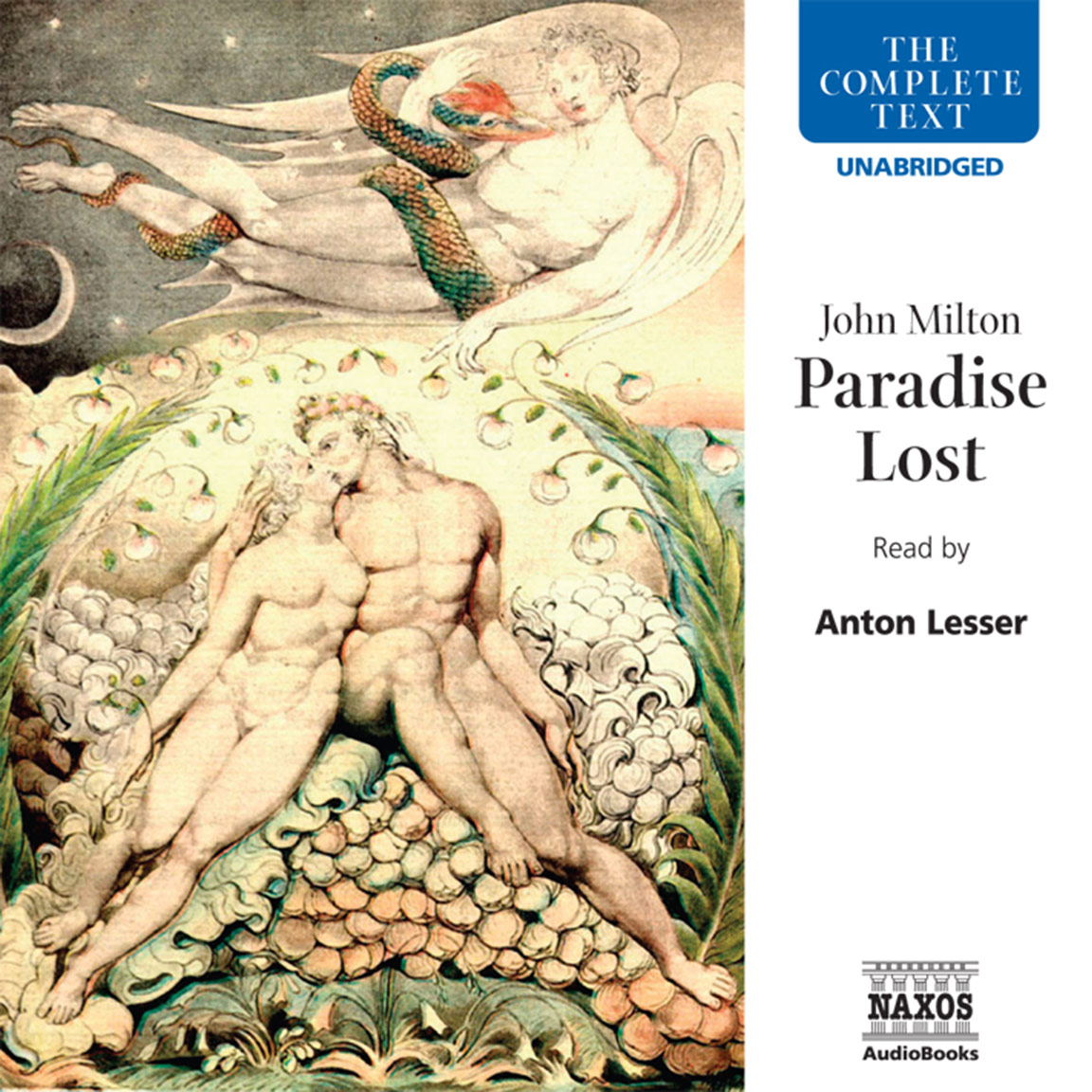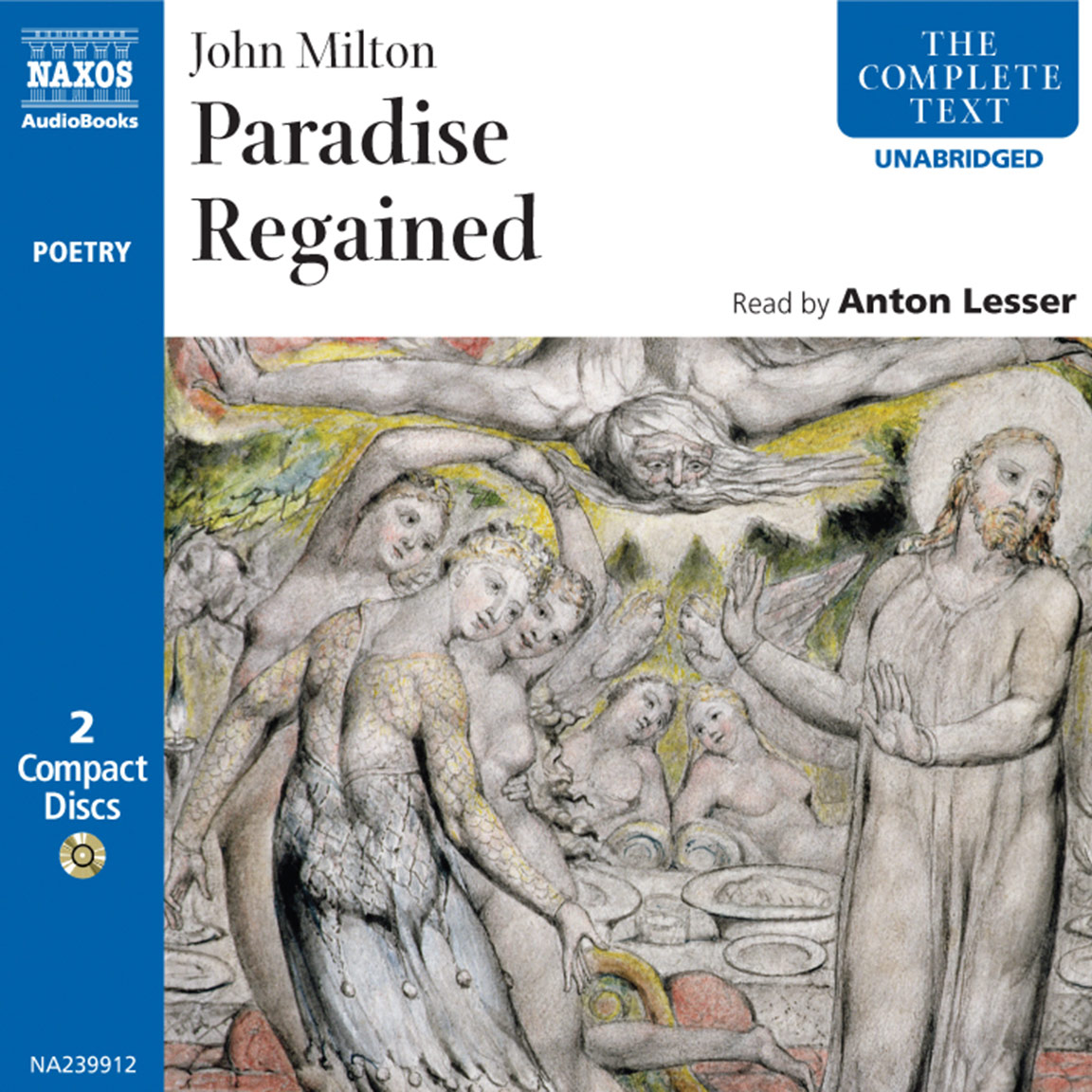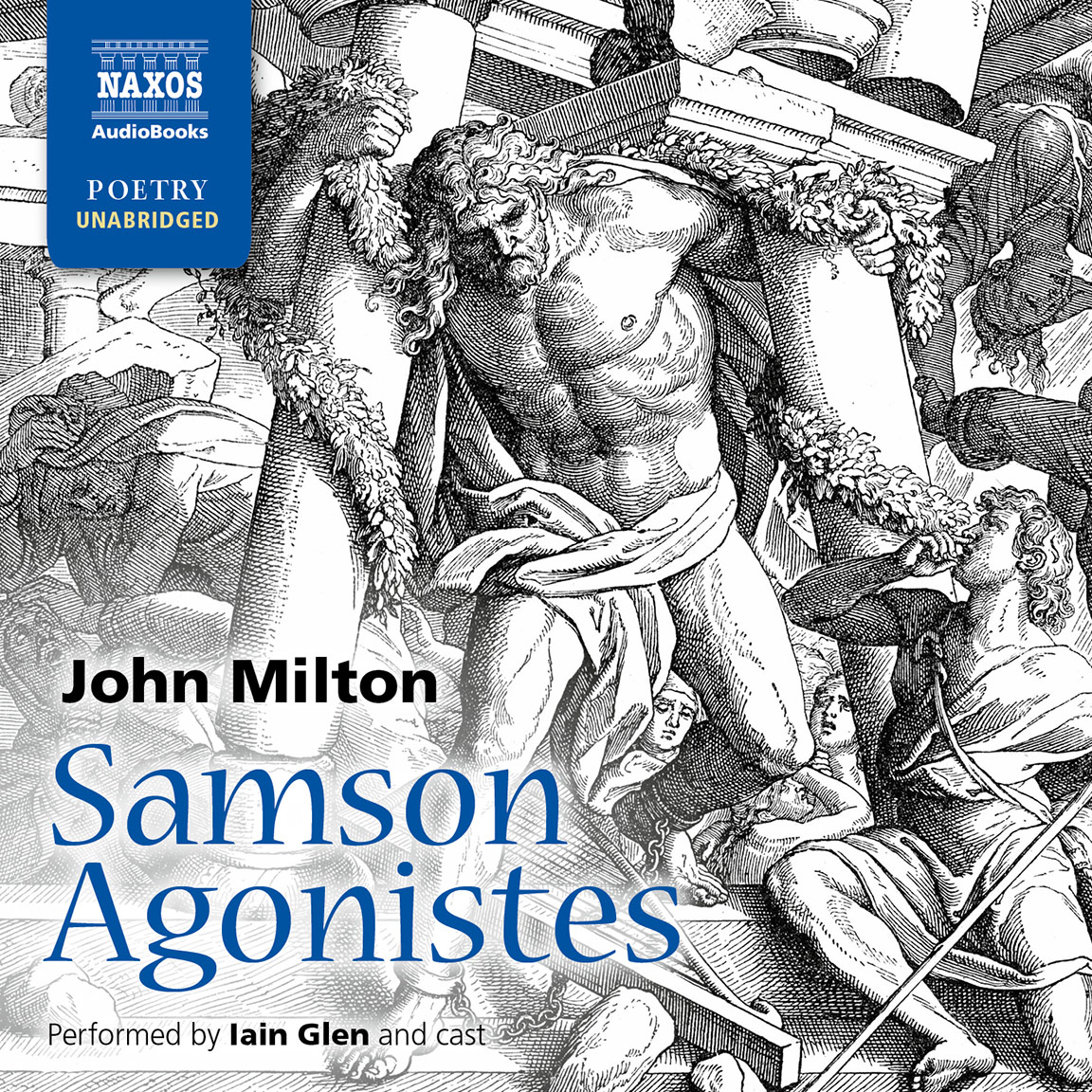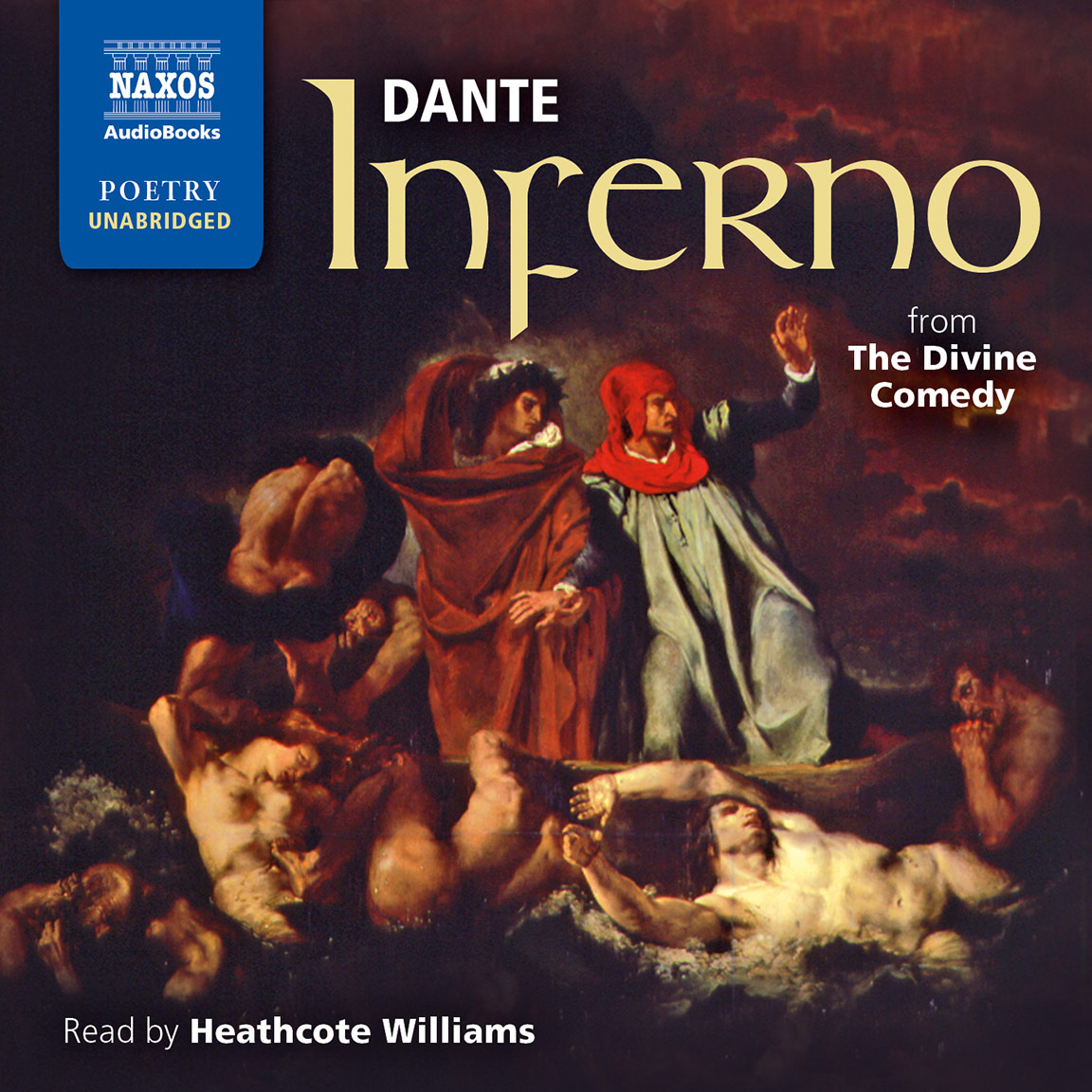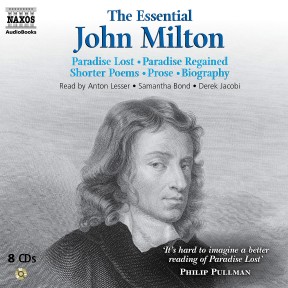
Audio Sample
John Milton
The Essential John Milton
Read by Anton Lesser, Samantha Bond & Derek Jacobi
selections
This thoughtful collection of John Milton’s finest poetry marks the quatercentenary of the poet’s birth in 1608. It is read by several of Britain’s foremost classical actors, including Anton Lesser, Samantha Bond and Derek Jacobi. Milton’s uncompromising views set him firmly on the side of Cromwell, putting his life in danger when the Stuart monarchy was restored. But he is now remembered for Paradise Lost and a strong collection of other poetry which influenced successive generations. This collection offers an ideal overview, including selections from Paradise Lost and the complete Paradise Regained, excerpts from other major works, including Comus and Samson Agonistes, as well as sonnets and famous shorter poems such as On his blindness, plus a biography of Milton.
-
Running Time: 9 h 46 m
More product details
Digital ISBN: 978-962-954-757-8 Cat. no.: NA888512 Download size: 142 MB BISAC: POE005020 Released: July 2008 -
Listen to this title at Audible.com↗Listen to this title at the Naxos Spoken Word Library↗
Due to copyright, this title is not currently available in your region.
You May Also Enjoy
Included in this title
- Paradise Lost
- Paradise Regained
- At a Vacation Exercise
- L’Allegro
- Il Penseroso
- At a Solemn Musick
- To Mr. H. Lawes, on his Aires
- On Time
- On Shakespear
- On The Morning of Christ’s Nativity
- The Hymn
- Sonnet: To the Lord General Cromwell
- On The Detraction Which Followed Upon My Writing Certain Treatises
- Sonnet: On the late Massacre in Piedmont
- Lycidas
- Sonnet: On the Nightingale
- Sonnet traditionally entitled On My Twenty-Third Birthday
- Paradise Lost The Opening of Book I
- Paradise Lost Book 1
- Paradise Lost From the opening of Book II
- From Book XII of Paradise Lost
- Paradise Regained Book 1
- Sonnet: Upon a Deceased Wife
- Sonnet: On His Blindness
- Sonnet: To his friend Cyriack Skinner
- From the play: Samson Agonistes
- From Comus: A Masque
Reviews
October 2008 marks the 400th anniversary of the birth of John Milton, a man who rivals Shakespeare as a coiner of phrases still in everyday use (“Tomorrow to fresh woods and pastures new”, “They also serve who only stand and wait”, “A good book is the precious lifeblood of a master spirit”, “The mind is its own place, and in itself can make a Heaven of Hell, a Hell of Heaven”, “Now, Voyager …”).
To celebrate, Naxos has compiled The Essential John Milton, a tribute that should stand as a model for how to do a great writer honour. The first three CDs are devoted to Paradise Lost and the fourth and fifth to Paradise Regained. Both are read by Anton Lesser, who excels as the doomed but magnificently heroic Lucifer. The sixth is a chronological selection of Milton’s poetry, which shifts from rural idyll to thumping polemic. The seventh offers extracts from his most famous prose writings. If, like, me, you have always meant to read Paradise Lost, then do as I did and get to know Milton the man before attempting his awesome mountain of blank verse.
Begin by listening to the last CD, an illuminating biography written and read by Roy McMillan. It sets Milton in his age: the troubled Civil War years of the seventeenth century. He was a Protestant disowned by his father for leaving the Roman Catholic Church, an arrogant student convinced early of his own genius. He became a Puritan apologist whose arguments in favour of divorce (as a result of his own initially disastrous matrimonial experiences), the freedom of the press and parliamentary democracy are memorably trenchant.
Once I’d listened to the poems and prose, I knew the mindset of the man, and cantered confidently into Paradise Lost. OK, I haven’t finished listening to it yet – but this time I will.
Christina Hardyment, The Times
Booklet Notes
John Milton (1608–1674) is one of the great voices in English. Beside Shakespeare and the Bible, it is his cadences and rhythms that have sounded through the last four hundred years in the way the language is written and spoken. He created new words, formed phrases that are now in everyday use, and wrote about matters of eternal interest in a completely new fashion. Paradise Lost, Paradise Regained and Samson Agonistes are the towering later works of his genius; but there are also sonnets of great tenderness and technical brilliance, as well as elegies and joyous experiments in classical forms. Beyond the language is the theology – his concerns over the nature of Man’s relationship with God – in which Milton was almost as much a revolutionary and an influence as he was in politics, the other great feature of his life.
John Milton was born in December 1608 to a father who was a scrivener (a form of legal notary) and also a distinguished composer. He was, too, a Protestant, disowned by his own father for breaking with the Roman Catholic Church. The England of the time was in the middle of a series of huge political, social and religious shifts, as the monarchy switched between the Catholic and the Protestant. At the same time, arguments over the legitimacy of monarchy itself were being discussed, and radical new theories of how to worship God, what God to worship, and the right of the individual to determine matters of faith for himself were continuing to ferment throughout Europe.
Milton was born more than seven years before the death of Shakespeare – at the end of the Golden Age of English supremacy, of a Renaissance in trade, science and art – and just three years before the publication of the King James Bible. He was thirty-four when the Civil War broke out, leading to the execution of a king and the establishment of a revolutionary form of parliamentary government. A few years later, and this New Order was itself overturned with the restitution of the monarchy. He died in 1674, fourteen years after the king returned to the throne, and fourteen years short of seeing another revolution in Britain that led to a recognisable form of democratic, constitutional monarchy. A steadfast apologist for the parliamentarians, his professional output defending regicide was as robust as his pamphlets promoting the legitimacy of divorce or the freedom of the press; as a result, he has been quoted by revolutionaries and libertarians the world over. Milton’s life was threatened by the changes in the politics of the period (once the king was back on the throne, there were calls for Milton’s head) but he was saved by the genius of his art: his erstwhile assistant, the poet and satirist Andrew Marvell, had become an MP; and there were those who recognised the worth of Milton’s poetry, and saw the PR value of the king’s mercifully allowing the now- blind poet to survive.
Milton had started to write poetry when at college (including the Nativity Ode and Epitaph on Shakespeare), but since he had always been independently minded, intellectually strong, dedicated, rigorous and brilliant, he had not been a very popular pupil at school. He used to read until midnight (or later) while at St Paul’s school, where his father sent him after recognising the range of his son’s talents. Later student life for Milton at Christ’s College, Cambridge was no smoother – he thought his fellow students were fools for their playing around, while they mocked him as ‘the Lady of Christ’ for his long hair and dedication to his God. Milton also disagreed so violently with his tutor that he was suspended. Some reports suggest there was actually a fight between them! Certainly Milton defied him, as he did many of the prevailing mores of his time, with no apparent concern for the risk this caused to his reputation or his future.
Thanks to his father’s successes – and generous understanding of his son’s linguistic and poetical talents – Milton was able to spend the six years after he graduated in a kind of intellectual retreat, continuing to develop his vast knowledge of languages (including Latin, Greek, French, Italian and Hebrew) as well as writing Comus, a dramatic masque, and such poems as L’Allegro, Il Penseroso and Lycidas – the latter considered probably the finest pastoral elegy in English. He then headed off to Europe for a grand tour. Although he was hugely stimulated by the people he met there – including, it is thought, Galileo – Milton believed that there were greater tasks to undertake as a writer and a profound (if not precisely conventional) Protestant. For him, the nature of Man’s relationship to God, and how this should be expressed politically and socially, was the vital question of his time, so when he heard rumours of a civil war in England, he returned.
For the next twenty years he dedicated his life to politics. During the Civil War, he taught, and also published pamphlets and polemics on educational, political and religious matters (including Areopagitica, a treatise against censorship), which brought him to the attention of the parliamentarians. On their victory, he was employed as Secretary for Foreign Tongues, which essentially meant that it was his job to write, in Latin, responses to criticisms of the turmoil that had overtaken England.
Here was Milton’s great prose platform from which he rallied his magisterial tone and extraordinary reserves of knowledge in the cause of liberty. Any optimism he may have had about the republican ideal was, however, to be tempered by the inevitable intolerance of the new government towards any dissent.
On a personal level his life went through a turmoil almost as great as the political and social one of his country. In 1642 he had married Mary Powell, half his age and from a Royalist family. Unsurprisingly it was not a success (hence his tracts in favour of divorce), but they were reconciled in 1645 despite her entire family accompanying her back to London and moving in. The couple had a child, Anne; and – once they had moved away from Mary’s family – a second girl (also called Mary). In 1651 their son John was born, and in 1652 a third daughter, Deborah. But his wife died from complications following the birth, and his son died only months later. In that same year, Milton became totally blind. He had been aware that his eyesight was deteriorating, but he would be no more likely to reduce his reading and writing than he would be to give up his republican ideals or his idiosyncratic religious convictions: he simply had people to read and write for him. He was married again, to Catherine Woodcock, in 1656; but she too died in childbirth just two years later, prompting the Sonnet Upon a Deceased Wife. He finally found lasting happiness with Elizabeth Minshull, a younger woman whom he married in 1663 despite his daughters’ unhappiness at the match; Milton’s relationship with them was never an easy one. Having been spared by the intervention of Marvell and others following the restitution of the monarchy, Milton lived out his life in relatively quiet retirement. He died in 1674, probably from gout.
For some, Milton is not an easy poet. His style deliberately follows classical forms and uses classical techniques, references and allusions that are not immediately accessible to those who have not followed his rather proscriptive tenets on education. As a result, to some (such as T. S. Eliot), his poems are ‘withered by book-learning’ – in some fashion disconnected from the emotional or intellectual striving at their heart. If not actually a misogynist, Milton certainly believed in the subordination of women. His puritan ethics are out of fashion (although his belief that the chaste are likely to find marriage more difficult than those who enjoyed a variety of experiences before settling down might find more general favour). His theology was considered almost heretical at the time – questioning as it did the divinity of Jesus, among other things – and 17th century quibblings over the nature of God are rarely populist four centuries later. But to some extent this difficulty is the point. Here was a man of formidable intellectual gifts that were allied to a magnificent ear for the music of English. He took on the largest issues – politics, freedom, religion – and combined his learning with his understanding of the complex power of language itself. The poetry is a rare combination of profound intent profoundly expressed, yet carrying this burden with a touch as light, beautiful and balanced as it is masterful and weighty.
Roy McMillan
